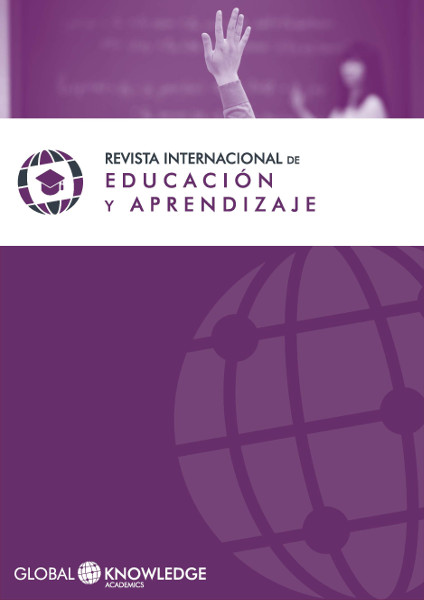The School under the Provisions of Chaos Theory: Uncertainty, Chaos, Complexity, Fuzzy logic and Biological learnings
DOI:
https://doi.org/10.37467/gka-revedu.v6.360Keywords:
Chaos, Complexity, Uncertainty, Bio-learningAbstract
This article seeks to show an approximation of the Chaos Theory to the social Universe and the School, while pretends to illustrate the possibility of an interpolation of the triad chaos, uncertainty and complexity to the understanding of educational and learning processes. It looks for relationships between different concepts of Chaos Theory and dynamics of the School. It also shows scientific principles such as the uncertainty and complexity principle as an option to address the realities in daily Education, and in other way, who allows to conceive the School within the framework of learning linked to the act of life, to the pleasure of learning and the Earth as a vital and educational niche.
Downloads
Global Statistics ℹ️
|
1218
Views
|
2704
Downloads
|
|
3922
Total
|
|
References
Morín, E. (1977), Introducción al Pensamiento Complejo, Barcelona, Gedisa.
Maturana, H. (2003), El árbol del conocimiento, Santiago de Chile, Ed. Lumen Universitaria.
Osorio García, S.N. (2011), Transformación educativa y pensamiento complejo, Bogotá, Universidad Militar Nueva Granada. Facultad de Educación y Humanidades.
Penrose, R. (1996), La mente nueva del emperador, México, Ed. Consejo nacional de ciencia y Tecnología.
Varela, F. (2002), El fenómeno de la vida, Santiago de Chile, Ed. Dolmen Ediciones.
Downloads
Published
How to Cite
Issue
Section
License
Those authors who publish in this journal accept the following terms:
-
Authors retain copyright.
-
Authors transfer to the journal the right of first publication. The journal also owns the publishing rights.
-
All published contents are governed by an Attribution-NoDerivatives 4.0 International License.
Access the informative version and legal text of the license. By virtue of this, third parties are allowed to use what is published as long as they mention the authorship of the work and the first publication in this journal. If you transform the material, you may not distribute the modified work. -
Authors may make other independent and additional contractual arrangements for non-exclusive distribution of the version of the article published in this journal (e.g., inclusion in an institutional repository or publication in a book) as long as they clearly indicate that the work was first published in this journal.
- Authors are allowed and recommended to publish their work on the Internet (for example on institutional and personal websites), following the publication of, and referencing the journal, as this could lead to constructive exchanges and a more extensive and quick circulation of published works (see The Effect of Open Access).













